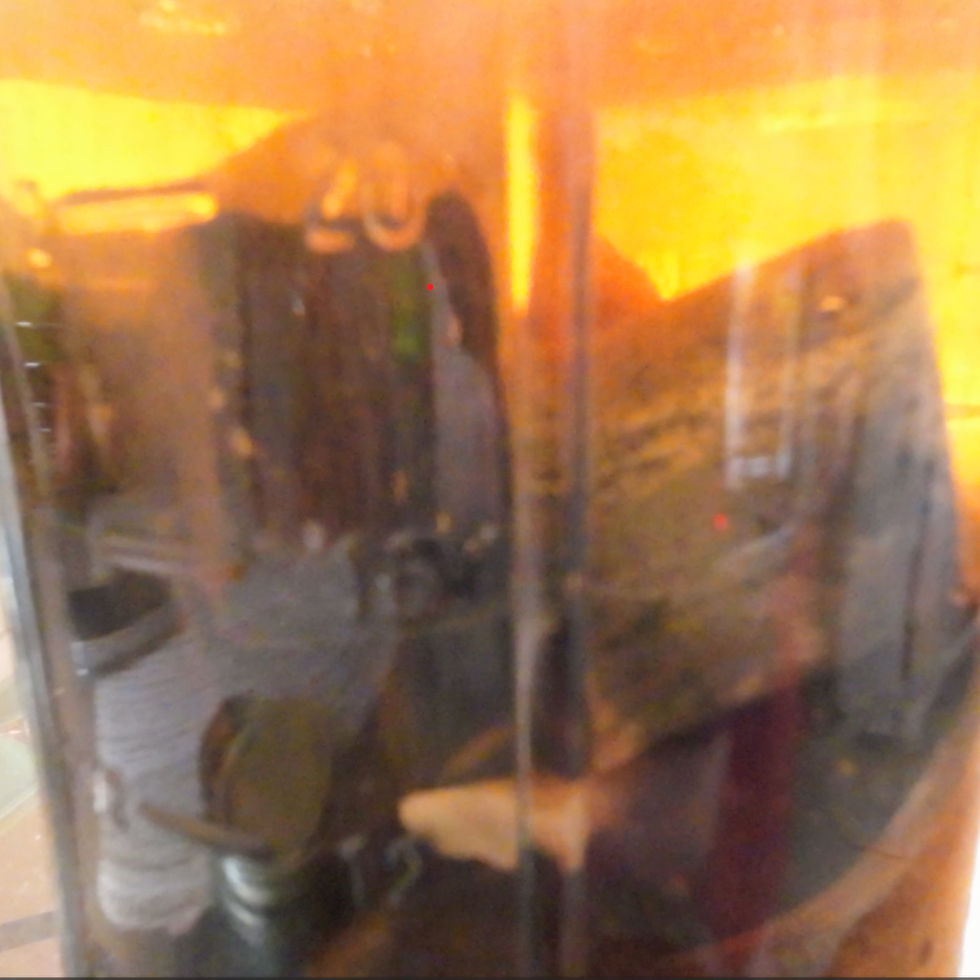Liberty Garden Seed Guide
- Sherri Miller

- Apr 9, 2022
- 3 min read
Updated: May 14, 2022
Use this guide to choose seed types and to plan your garden.

A good seed packet and seed catalog should describe:
What season(s) to plant in your climate zone
How much sun and shade the plant will need
How many days it will take to sprout, germination
How deep to plant the seed
How far apart to space the seeds when planting
How far apart the seedlings should be after thinning
How big the plant will be when fully grown
How many days until harvest
Disease resistance if applicable
Plant-by date
This information will help you determine the right seed for your climate zone, when to plant, how much space and sun is needed, when the seed should sprout and how long until harvest. Have a plan before you buy seeds and use this information to make good decisions about which varieties to plant. If any of this information is missing from the packet or catalog, find out this information before purchase. You need to know all these details to plan the proper place and time for planting if you want success.
Seed packets will list the plant-by date. Results will vary depending on the quality of seed, the type of plant, and how the seed is stored. Properly stored seeds may germinate after the expiration date but be prepared for low or zero germination. Some plants have naturally high germination rates, and others very low, and the germination rate decreases over time. Avoid low germination rate plant types and old seeds if you are a beginner.
ORGANIC SEEDS
If the seed packet is listed as organic, that means it was grown under organic standards. Non-organic seed will grow just as well so buying organic seeds is a personal decision and will not affect your success.
HYBRID (F1) SEEDS
If the packet says the seeds are hybrid, or F1, that means they are a specific cross between 2 varieties, like crossing a Labrador dog and a Poodle dog to get a Labradoodle puppies. (Labradoodle is not a dog breed, but Labradors and Poodles are.) Hybrid seeds must be crossed every generation in a specific way and are not designed for seed saving. And while they are not good for seed saving, hybrids can have unique features such as a fun look, a specific taste, or a resistance to specific pests and disease. Hybrid seeds are typically under patent and replanting seeds (or growing from cuttings) is illegal if that is the case.
OPEN POLLINATED SEEDS
Open-pollinated means that the plants will produce viable seeds which will grow the same variety of plant each generation. You can grow your own seeds and save them if they are open pollinated, saving you from buying the same seeds every year. These are the type of seeds you should buy to sustain long-term food production.
HEIRLOOM SEEDS
If the seeds are listed as heirloom that means they are favorite varieties that have been passed down from one generation to another. Heirloom seeds should be open-pollinated seeds. These seeds are old standards that have been passed down because they are good varieties.
GMO SEEDS
GMO seeds are Genetically Modified Organisms (also called GE, Genetically Engineered). These are seeds that have been modified but cutting and splicing DNA in a lab. This is not a process that is possible in Nature. Sometimes a gene will be spliced in from something that is not a plant. GMO technology is expensive and patented. The processes are kept secret but typically employs the use of bacteria and viruses.
There are packets of GMO seeds sold in home garden packets. They will have a license agreement stamped on the package that says if you open the seed packet you are entering into a contract with the GMO patent owner. Beware.
New seed types can be developed naturally using breeding, crossing pollen from one plant variety with another. Cross breeding will create a hybrid and hybrids can be stabilized into a new varieties. Breeding does not create GMO seeds. GMO seeds require sophisticated laboratories that manipulate DNA, which is not at all the same as breeding.
TERMINATOR SEEDS
Terminator seeds, also called suicide seeds, use genetic use restriction technology. This prevents seeds from GMO patented plants from being replanted. The plant may produce seeds, but those seeds are infertile. This is similar to a mule. A mule is a cross between a horse and a donkey. While mules may give birth, their offspring are infertile. Genetic use restriction technology insures seeds must be purchased each and every year.




Comments